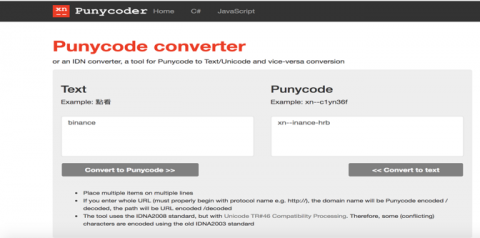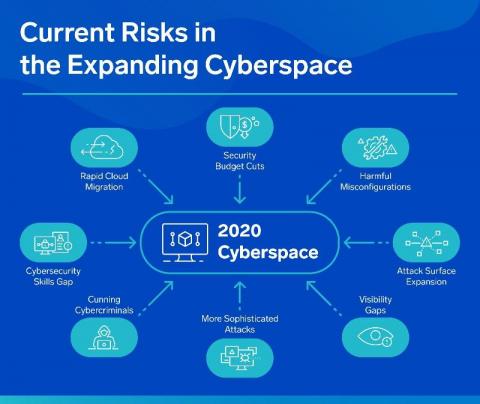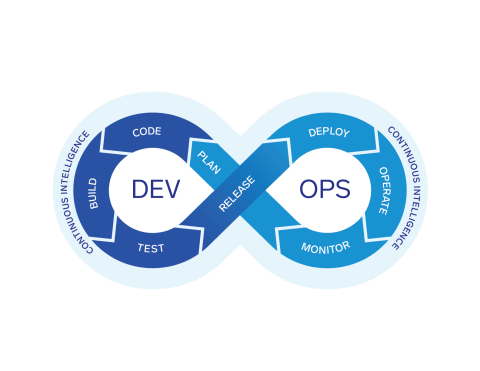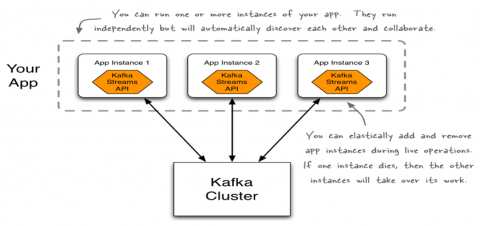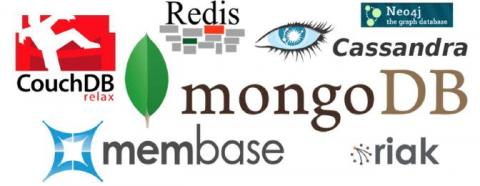Domain Hijacking Impersonation Campaigns
A number of domain “forgeries” or tricky, translated look-alikes have been observed recently. These attack campaigns cleverly abuse International Domain Names (IDN) which, once translated into ASCII in a standard browser, result in the appearance of a corporate or organization name that allows the targeting of such organization’s domains for impersonation or hijacking. This attack has been researched and defined in past campaigns as an IDN homograph attack.


